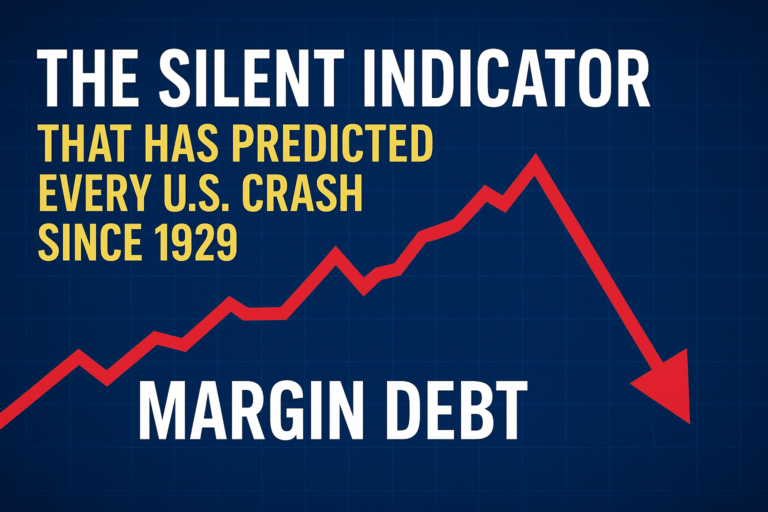
Warren Buffett’s recent portfolio shifts offer a window into his macroeconomic outlook—and actionable lessons for individual investors aiming to anticipate the next wave of growth. By examining his stakes in energy, housing, and Japan’s trading houses, we can decode the signals Buffett is sending about undervalued sectors, global diversification, and screening methods for cyclical or international markets.
Interpreting Buffett’s Portfolio Shifts as Economic Indicators
Energy: Berkshire Hathaway Energy (BHE) Consolidation
In early 2025, Berkshire paid $3.9 billion to acquire the remaining 8% of BHE, valuing the business at roughly $49 billion—well below its 2022 estimate of $87 billion. That bargain purchase highlights Buffett’s belief that energy infrastructure, even amid regulatory and wildfire risks, offers durable cash flows at discounted prices.
Investment Rational
- Discounted asset values in regulated utilities and renewable-mix suppliers
- Resilient cash flows supported by long-term contracts and rate-base regulations
Housing and Steel: Nucor, D.R. Horton, Lennar
Buffett quietly invested $1.8 billion in Nucor (steelmaker) and homebuilders D.R. Horton and Lennar. These positions reflect a bet on America’s long-term demand for housing and infrastructure, viewing real-asset producers as cyclical plays with multi-year upside.
Investment Rational
- Homebuilders benefit from supply constraints and demographic tailwinds
- Steelmakers like Nucor can capitalize on infrastructure spending cycles
Japanese Trading Houses: Five Largest Firms
Since mid-2019, Berkshire has poured $13.8 billion into Mitsui, Mitsubishi, Sumitomo, Itochu, and Marubeni. By late 2024, their combined market value reached $23.5 billion. Low valuations relative to U.S. peers and improved corporate governance made these global supply-chain conglomerates attractive income generators, delivering an estimated $812 million in 2025 dividends against only $135 million in yen-bond interest.
Investment Rational
- Japanese conglomerates trading at single-digit price-to-book ratios
- Dividend yields and buyback programs boosted by governance reforms
How to Apply Buffett’s Global Thinking to Personal Investing?
- Look Beyond Domestic Borders
Seek high-quality businesses trading at lower valuations internationally—especially where governance reforms are taking hold. - Embrace Cyclical Upswings
In industries tied to long-term demand (energy, housing, materials), patience can uncover deep value during downturns. - Focus on Cash Flow and Dividends
Prioritize companies generating predictable free cash flow and returning capital to shareholders, mirroring Buffett’s preference for recurring income streams
Buffett’s playbook for the decade ahead combines deep value in traditional sectors, an embrace of cyclicality, and geographic diversification. By adopting similar screening tools and focusing on durable cash flows, individual investors can position themselves to capture the next wave of opportunity that Buffett is signaling




